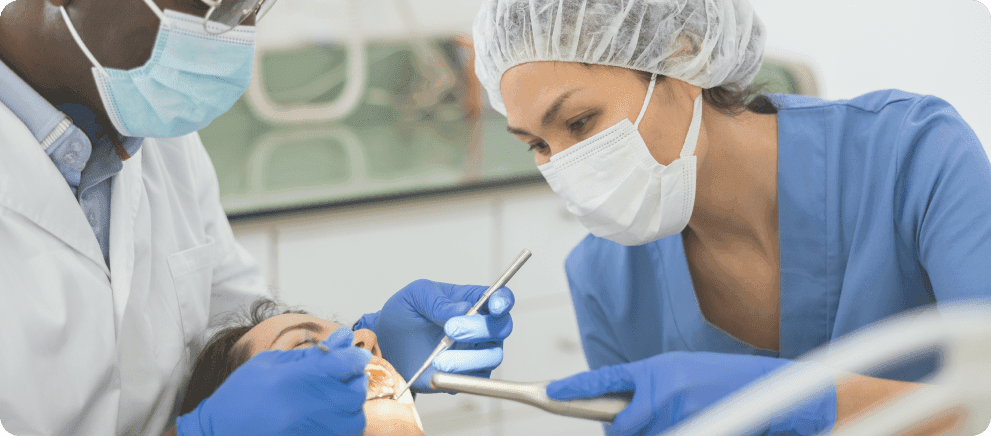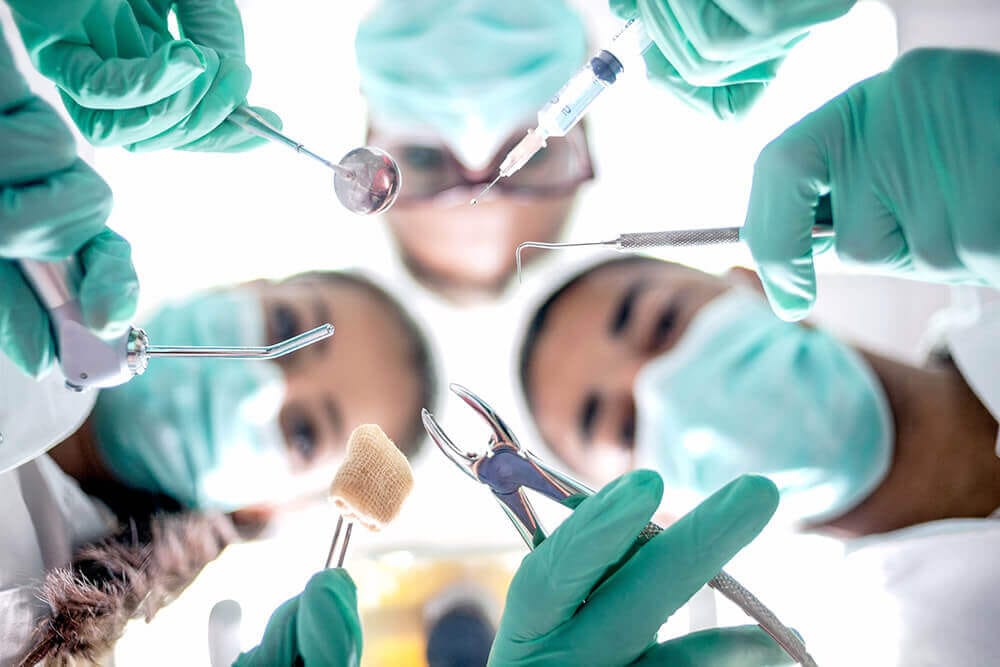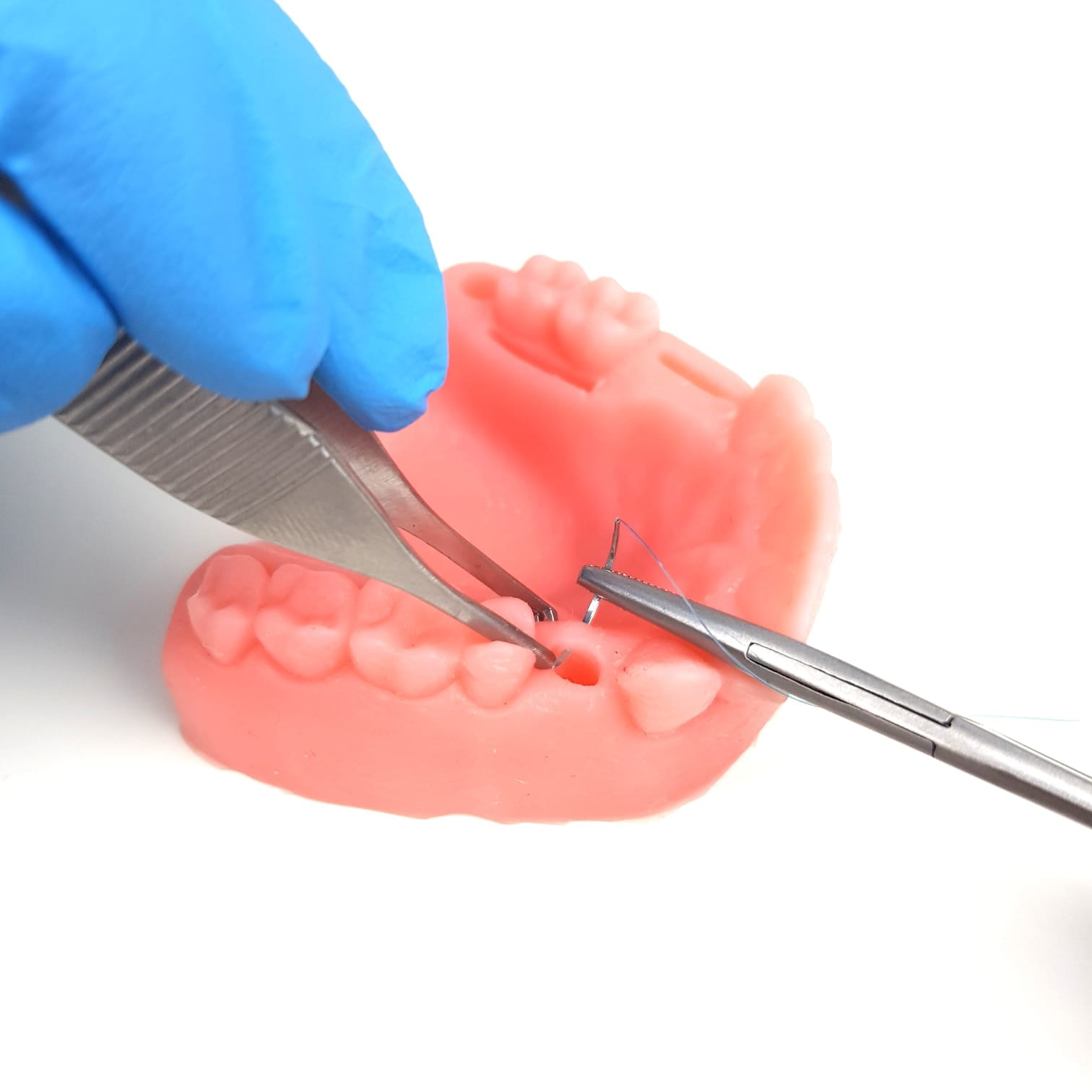Oral health is a vital component of overall well-being, yet many people find themselves with questions about how to maintain a healthy smile. From mastering effective brushing techniques to understanding the latest advancements in dental technology, this guide aims to provide you with expert insights that can help you achieve and maintain a radiant, healthy smile.
The Importance of Oral Hygiene
Why Is Oral Hygiene Essential?
Maintaining good oral hygiene is crucial for preventing dental issues such as cavities, gum disease, and bad breath. Furthermore, oral health is closely linked to overall health. Poor oral hygiene can contribute to serious conditions like heart disease, diabetes, and respiratory infections. To keep your mouth healthy, regular brushing, flossing, and dental check-ups are essential.
How Often Should You Brush and Floss?
Dental professionals recommend brushing your teeth at least twice a day and flossing once daily. Here are some tips for effective brushing:
- Use a soft-bristled toothbrush along with fluoride toothpaste.
- Brush for at least two minutes, ensuring you cover all surfaces of your teeth.
- Floss daily to remove food particles and plaque from areas that your toothbrush can’t reach.
For more detailed guidelines on oral hygiene, visit the American Dental Association.
Common Dental Procedures
What Are the Most Common Dental Procedures?
Several dental procedures are frequently performed to maintain and restore oral health:
- Teeth Cleaning: Professional cleanings eliminate plaque and tartar buildup.
- Fillings: Used to treat cavities, fillings restore both function and appearance.
- Crowns: Crowns cover damaged or decayed teeth, enhancing strength and aesthetics.
- Root Canals: This procedure treats infected tooth pulp to save the tooth from extraction.
- Extractions: Removal of severely damaged or decayed teeth that cannot be salvaged.
Are Dental Procedures Painful?
Thanks to advancements in modern dentistry, most procedures are relatively painless. Techniques such as local anesthesia and sedation help ensure your comfort during treatment. Your dentist will discuss pain management options with you beforehand.
The Role of the Oral Microbiome
What Is the Oral Microbiome?
The oral microbiome consists of a diverse community of microorganisms residing in your mouth. These bacteria, fungi, and viruses play an essential role in maintaining oral health. A balanced microbiome helps prevent dental diseases while an imbalance can lead to issues like cavities and gum disease.
How Can You Maintain a Healthy Oral Microbiome?
To keep your oral microbiome in check:
- Practice Good Oral Hygiene: Regular brushing and flossing control harmful bacteria.
- Follow a Healthy Diet: A diet low in sugar and high in fiber supports a balanced microbiome.
- Consider Probiotics: Consuming probiotics can promote beneficial bacteria in the mouth.
- Schedule Regular Dental Visits: Professional cleanings and check-ups are vital for maintaining oral health.
For more information on the oral microbiome, check out resources from Harvard Health.
The Mouth-Body Connection
How Does Oral Health Affect Overall Health?
Your oral health significantly impacts your overall health. Poor dental hygiene can contribute to systemic conditions such as heart disease and diabetes. Bacteria from gum disease can enter the bloodstream, affecting other parts of the body.
What Are the Signs of Poor Oral Health?
Be on the lookout for these common signs that may indicate poor oral health:
- Bleeding Gums: Often a sign of gum disease or improper brushing techniques.
- Bad Breath: Can indicate gum disease or cavities.
- Tooth Pain: May signal cavities or infections.
- Loose Teeth: A symptom of advanced gum disease or trauma.
Latest Dental Technologies
What Are the Latest Advancements in Dental Technology?
The dental field is rapidly evolving with new technologies enhancing patient care:
- Digital X-Rays: Offer detailed images with reduced radiation exposure.
- Laser Dentistry: Used for procedures like gum reshaping with minimal discomfort.
- 3D Printing: Creates custom dental appliances quickly and accurately.
- Teledentistry: Facilitates remote consultations, increasing access to dental care.
How Do These Technologies Benefit Patients?
These advancements provide numerous benefits:
- Improved Accuracy: Digital tools enhance diagnostics and treatment planning.
- Reduced Discomfort: Minimally invasive techniques lead to less pain and quicker recovery times.
- Convenience: Teledentistry streamlines the treatment process, saving time for patients.
For insights on how technology is shaping dental care, visit Colgate’s Oral Care Resources.
Tips for Maintaining a Bright Smile
What Are Some Tips for Keeping Your Teeth White?
A bright smile requires both professional treatments and diligent oral hygiene practices:
- Regular Cleanings: Professional cleanings remove surface stains effectively.
- Whitening Treatments: Explore over-the-counter or professional whitening options.
- Limit Staining Foods and Drinks: Be mindful of coffee, tea, red wine, and tobacco consumption.
- Maintain Good Oral Hygiene: Regular brushing and flossing help prevent stains.
Are There Natural Ways to Whiten Teeth?
Consider these natural methods for whitening your teeth:
- Baking Soda: Brushing with baking soda can help eliminate surface stains.
- Hydrogen Peroxide: This mild bleaching agent can whiten teeth effectively.
- Fruits and Vegetables: Crunchy options like apples and carrots assist in cleaning teeth naturally.
Conclusion
Maintaining good oral health is essential not only for achieving a bright smile but also for supporting overall well-being. By adhering to proper oral hygiene practices, staying informed about the latest dental technologies, and understanding the connection between oral health and systemic health issues, you can enjoy a healthy, radiant smile. If you have any questions or concerns regarding your dental health, don’t hesitate to consult with your dentist for expert advice tailored to your needs.
By prioritizing your oral health today, you’re investing in a brighter tomorrow! For more information on maintaining your dental health, visit the National Institute of Dental and Craniofacial Research.
What are some common dental problems and their causes?
How can I prevent dental problems?
What treatments are available for common dental problems?
Treatments for dental problems vary depending on the issue. For instance, cavities are usually treated with fillings, while gum disease may require a more comprehensive treatment plan that could include deep cleaning, medication, or surgery. Cracked or broken teeth might need crowns, veneers, or implants.
How can dental problems affect overall health?
Poor oral health is associated with other chronic diseases such as diabetes and heart disease. Dental problems can also cause pain and discomfort, affect a person’s ability to eat, and may impact an individual’s self-esteem.
What are some signs that I might have a dental problem?
Signs of dental problems can include toothache, sensitivity to cold or hot food or drinks, loose teeth, sudden pain when eating cold or sweet foods, tooth changing color or shape, worn teeth, bleeding or swollen gums, gum pain, swollen cheeks, and a clicking jaw.














